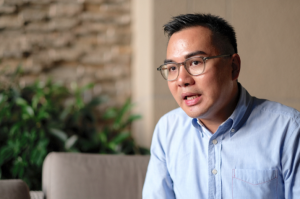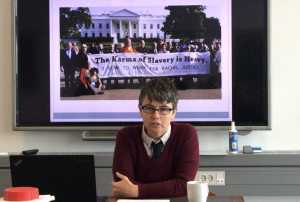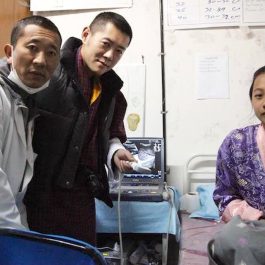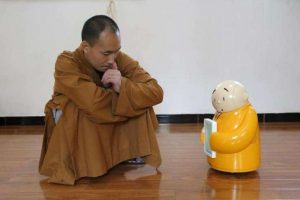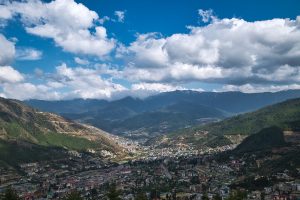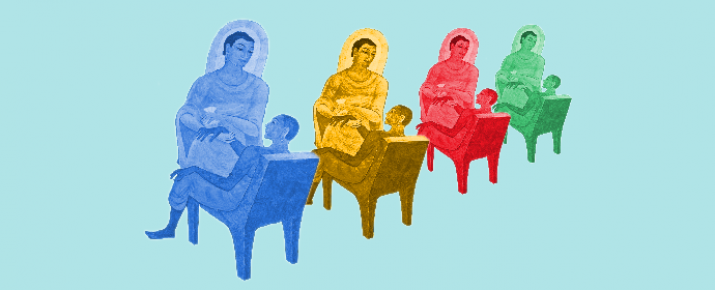
As nations and communities around the world continue to wrestle with the evolving challenges of living with the COVID-19 pandemic, the global non-profit initiative 84000: Translating the Words of the Buddha, founded by the renowned Bhutanese lama, author, and filmmaker Dzongsar Jamyang Khyentse Rinpoche, has responded by reaching out to share the wisdom and healing power of Buddhist sutras.
“In response to the unique challenges this year has brought, 84000 has been building upon its first, fully digital outreach initiative to support its global community in feeling inspired, connected, and uplifted,” said 84000, which recently marked 10 years of intensive scholarship, translating and preserving Tibetan Buddhist texts.* “The Sūtras for Well-Being series shares a curated selection of texts from the Tibetan Buddhist Canon, and offers our friends a multimedia look at the sutras traditionally recited for resilience and well-being in times of adversity, and the stories behind them.”
Seeking to offer a spiritual salve for the widespread suffering and anxiety that the pandemic has wrought, 84000 has been publishing a series of new texts since June. The sutras are then brought to life and shared online: chanted in Tibetan by a master of the living tradition—such as His Holiness the 41st Sakya Trichen, Garchen Rinpoche, Jigme Khyentse Rinpoche, and Pema Wangyal Rinpoche—and also read aloud in English.
“Friends are encouraged to read the text in our online Reading Room and to use our interactive features to really engage with the meanings of the translation,” 84000 explained. “This personal study and aural inspiration are complemented by an IGTV video of up to 10 minutes, in which members of our wider editorial team help to open a window into the context, significance, peculiarities, and stories behind the given sutra. Through this multi-faceted approach, we hope to really inspire a sense of well-being in our audiences.”
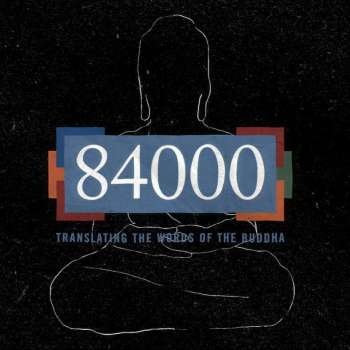
84000 is a long-term undertaking that aims to translate and publish all surviving canonical texts preserved in the Classical Tibetan language—70,000 pages of the Kangyur (the translated words of the Buddha) in 25 years and 161,800 pages of the Tengyur (the translated commentaries on the Buddha’s teachings) in 100 years. According to 84000, less than 5 per cent of the canon had hitherto been translated into a modern language, and due to the rapid decline in the knowledge of Classical Tibetan and in the number of qualified scholars, the world is in danger of losing an irreplaceable cultural and spiritual wisdom legacy.
“We hope that these digital offerings help bring compassion and inspiration to all, a little bit of relief to those that need, a reminder to remain cognizant of the fact that all things will pass, and above all, we hope that this series may be another source of resilience and well-being for everyone,” said 84000.
The sacred texts selected for the series have been chosen for their relevance to the circumstances facing many people during this period of crisis, and their potential to engender long-term resilience in the face of these difficulties based on the wisdom and inner fortitude embodied by the Buddhist teaching. The new content is also intended to offer a means for readers to engage with the Kangyur on a deeper level.
“It’s entirely possible that the survival of the Buddhadharma could depend on it being translated into other languages,” observed 84000’s founding chair, Dzongsar Khyentse Rinpoche. “By translating and making available the Tibetan Buddhist texts to modern people, a vast swath of Buddhist civilization and culture may be saved from annihilation.”
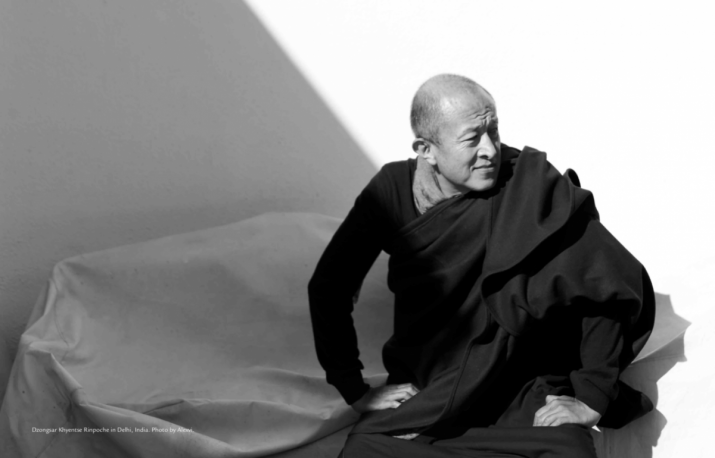
Born in Bhutan in 1961, and now based in Himachal Pradesh, India, Dzongsar Khyentse Rinpoche is the son of Thinley Norbu Rinpoche and was a close student of the Nyingma master Dilgo Khyentse Rinpoche (1910–91). He is recognized as the third incarnation of Jamyang Khyentse Wangpo, founder of the Khyentse lineage, and the immediate incarnation of Jamyang Khyentse Chökyi Lodrö (1893–1959). In addition to 84000, Rinpoche’s projects include Khyentse Foundation, established in 2001 to promote the Buddha’s teaching and support all traditions of Buddhist study and practice; Siddhartha’s Intent, which organizes, distributes, and archives his teachings; Lotus Outreach, which directs a wide range of projects to help refugees; and more recently The Lhomon Society, which promotes sustainable development in Bhutan through education.
Rinpoche is the author of several books, including: What Makes You Not a Buddhist (2006), Not For Happiness (2012), and The Guru Drinks Bourbon? (2016), and has garnered renown within and outside of the global Buddhist community for the feature-length films he wrote and directed: The Cup (1999), Travellers and Magicians (2004), Vara: A Blessing (2012), and Hema Hema: Sing Me a Song While I Wait (2016).
* 84000 Launches Video Campaign to Mark 10 Years of Preserving the Tibetan Buddhist Canon (Buddhistdoor Global)
See more
84000: Translating the Words of the Buddha
84000 (Soundcloud)
84000: Sutras for Well-Being (Instagram)
84000: Translating the Words of the Buddha (Facebook)
84000 (Twitter)



